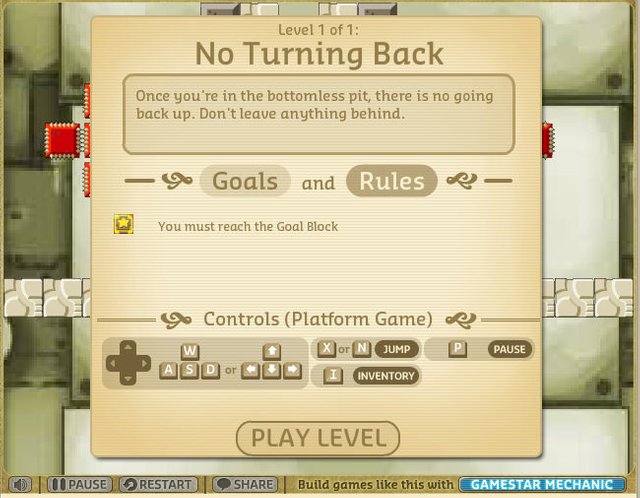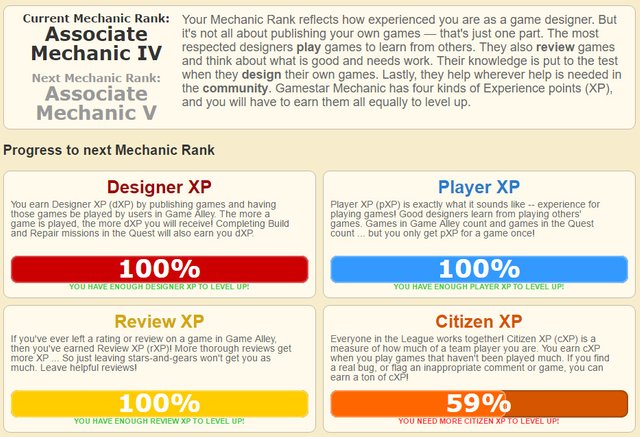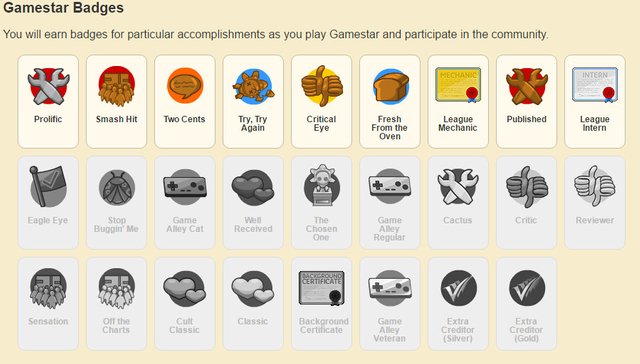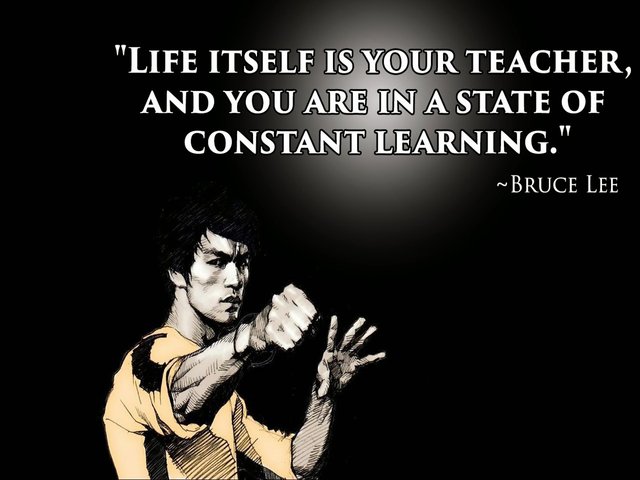EDUCATION SERIES #3: Game-Based Learning - All Study And No Play Makes Jack a Dull Boy
We all have the “kid” in us no matter what our age is. And what do kids love to do all day? You got it! They just want to play, play, play. And this is actually where kids learn stuff most of the time. Sometimes parents… and teachers, too, think that when kids play, they do not learn. On the contrary, when kids play they are having fun. And when they are having fun learning occurs naturally. Leveraging this condition, games can be used to make learning fun.
 PHOTO CREDIT: PINTEREST.COM
PHOTO CREDIT: PINTEREST.COM
I have read one author wrote something to this effect: If children can memorize the names of 1000 pokemon characters and their powers, there’s just no way they cannot know the names of the countries in the world and their capitals.
Why are games more interesting to get involved with than learning stuff in the classroom? Some games, even after you played them, makes you come back and play again over and over and over. What makes them so addictive? As teachers, how can we make our class “addictive” to students that even after they have left the classroom, they still think of the stuff they learn, the puzzles they have solved, and the problems they have found solutions to?
Experts believe that there are common games characteristics that make them tick with kids and adult alike.
The Story
Children love story. Adults, too. Stories that stir and tickle their imaginations, keep them on edge of their seats, always anticipating what will happen next with the characters in the story. The only mutli-player games that I really enjoyed was WarCraft (the first version) and StarCraft. Both have stories to tell and characters audience can relate to and engage with in the game.
Children like to act out their favorite superhero and pretend to be one. This is also evident even in adults as seen on ComicCons. When a student play a role and want to play it effectively and accurately, he/she must learn as much as possible about the character. Research is initiated, and critical and creative thinking skills are put in motion in order to come up to the closest resemblance of the character to be portrayed.
A good story in a game plays a vital role to the overall quality of a game.
The Challenge
When challenge is meaningful (meaningful being the keyword) and succeeds by giving enough effort and perseverance, then a student will likely be motivated to move on to the next level.
The failure dynamic is in play as a part of the challenge. Fail early, fail often. Consider a simple game like the one that follows:

Obstacles are not easily overcome until you have spent time knowing where the obstacles are and learn about the obstacles. Failing multiple times allows the player to know the environment a little better from the last failure. The challenge does not frustrate the players with the annoying “Game Over” and can always restart the challenge anytime the player wants to.
One player made a comment on this game:
“Your game is ok. I had trouble playing it for about forty five times and eventually won. I think it will be complicated for beginners who try this game because they will never see it coming and have trouble winning the game more times than I did. Even though I won it is still very difficult for me. Overall it was a pretty good game.” -wilsona
Providing students to fail frequently in small ways will allow them to learn more of the game repeatedly and give them more understanding on how the game works.
Incremental, Achievable Challenges and Boss Levels
It is not enough just to make your game challenging, but if you want your players to have a sense of success with every level, your game must be designed so that the difficulty of each level is achievable using the skills learned from the previous levels.
In education, this is called Scaffolding. It provides learners with information, cues, clues, and partial solutions to drive them to progress and and keep them motivated.

In Steemit, I have considered the Reputation Level a challenge for me. The reputation level is an incremental success every time your posts are upvoted and gain rewards. An author in Steemit may find that in order to get enough rewards, he/she must consistently produce good varied contents and of value to the community. Knowing what clicks with the members is very important when posting blog posts. Everytime I see my reputation level go up a notch, I am motivated to create more quality contents in the hope of increasing my Reputation Level every time.
Boss levels have higher difficulty level that require students to dig deeper on the contents and develop the skills further. Succeeding in this level may require help from the community and/or from a mentor giving advice and clues to complete such levels.

Incentives
Incentives are inherent part of any game. In a class, teachers give points, badges, prizes, or any kind of affirmation for students to feel fulfilled to move on to the next challenge.

Need to Know

PHOTO CREDIT: POETRYLIKERS
As the game progresses, players learn contents and skills to complete the challenge or quest and gain boss levels. Students are guided as they progress in the games by a teacher of facilitator instead of giving them information beforehand. Revisions or additional skills may be taught as students engage in the games.
Conclusion
Game-Based Learning does not require high-tech apps or devices. A teacher can design a game that can be played in the classroom, playground, or in the lab. Students may also be involved in designing the game as this will give them an opportunity to be creative and critical thinkers. When fun is part of the learning process, it does not require much effort to achieve the learning goals.
PHOTO SCREENSHOTS: GAMESTAR MECHANICS, STEEMIT
Game based learning might not require high tech apps or devices...but it wouldn't hurt none would it?
In my books I deal with that extensively (in some of them, not all). What might happen if children were taught by playing games in virtual reality?
Heard about Second Life?
http://secondlife.com/
Google Expeditions provide schools and students a way to explore the world through VR.
https://www.google.com/edu/expeditions/#about
As a tech enthusiast, I do believe VR has a significant role in the field of education. Students get to experience learning in a virtual environment like medicine, for example. VR-simulated surgeries allow an almost-real learning environment; or flying an aircraft or space travels. VR will be the most exciting thing to happen in education.